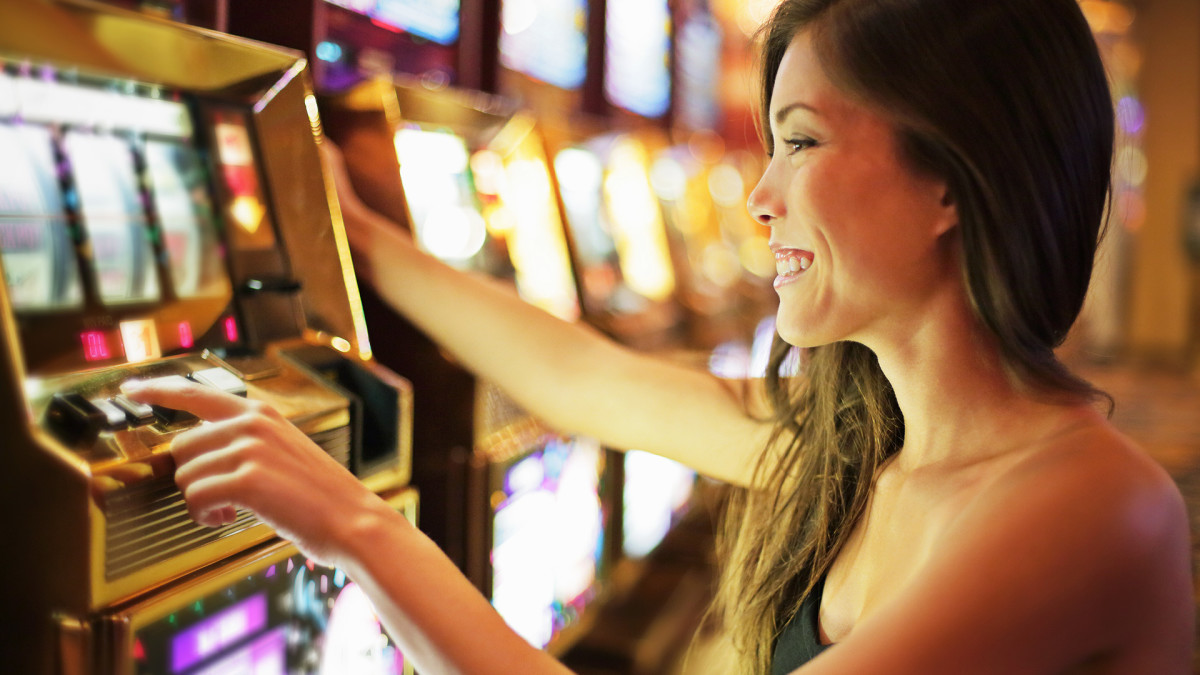URGENT UPDATE: The IRS has just raised the jackpot handpay reporting limit from $1,200 to $2,000, a significant move for gamblers on the Las Vegas Strip. This change comes amid growing concerns over tax implications from the recently enacted One Big Beautiful Bill Act (OBBBA), which has stirred controversy among the gambling community.
With this new limit, gamblers will experience fewer interruptions during play. Previously, players hitting jackpots over $1,200 would face delays as casino employees collected personal information for tax purposes. This often turned a celebratory moment into a frustrating wait. The increased threshold means gamblers can enjoy their winnings without stopping for a tax form as frequently, bringing much-needed relief during their gaming experience.
The OBBBA, signed into law by President Donald Trump, has been met with mixed reactions. While it allows gamblers to deduct 90% of their losses, it also raises concerns about having to report taxes on money they lost, complicating the landscape of casino loyalty programs. Gamblers are now increasingly reluctant to sign up for tracking systems that could lead to unexpected tax liabilities.
Efforts to increase the handpay threshold have been ongoing. Earlier this year, bipartisan legislation reintroduced by U.S. Representatives Dina Titus (D-Nev.) and Guy Reschenthaler (R-Pa.) sought to raise the reporting limit to $5,000. However, this proposal has yet to see a vote, reflecting a lack of urgency from Congress to prioritize the welfare of gamblers.
According to reports from Casino.org, the new tax reporting threshold of $2,000 is a small victory for slot players, reducing the frequency of mandated hand-pays. Although the increase does not meet the proposed $5,000 limit, it marks the first adjustment in nearly 50 years, since the initial limit was set in 1977.
This development is particularly significant for the Las Vegas Strip, where the gambling industry thrives on customer engagement. The ability to keep players at their machines without unnecessary delays enhances the overall gaming experience, driving more foot traffic and potentially increasing revenue for casinos.
As the gambling landscape continues to evolve, this adjustment may prompt players to reassess their strategies and interactions with the casino environment. The emotional impact of fewer interruptions could encourage gamblers to play longer and enjoy their time on the Strip without the stress of tax paperwork hovering over their heads.
What happens next? Observers will be watching closely to see if further legislative action will be taken regarding the proposed $5,000 threshold and how casinos adapt to these changes. The gambling community remains hopeful that lawmakers will prioritize measures that enhance the gaming experience, rather than complicating it with tax burdens.
Stay tuned for more updates as this story develops. Gamblers on the Las Vegas Strip are eager to see how these changes will influence their experiences and financial responsibilities moving forward.
